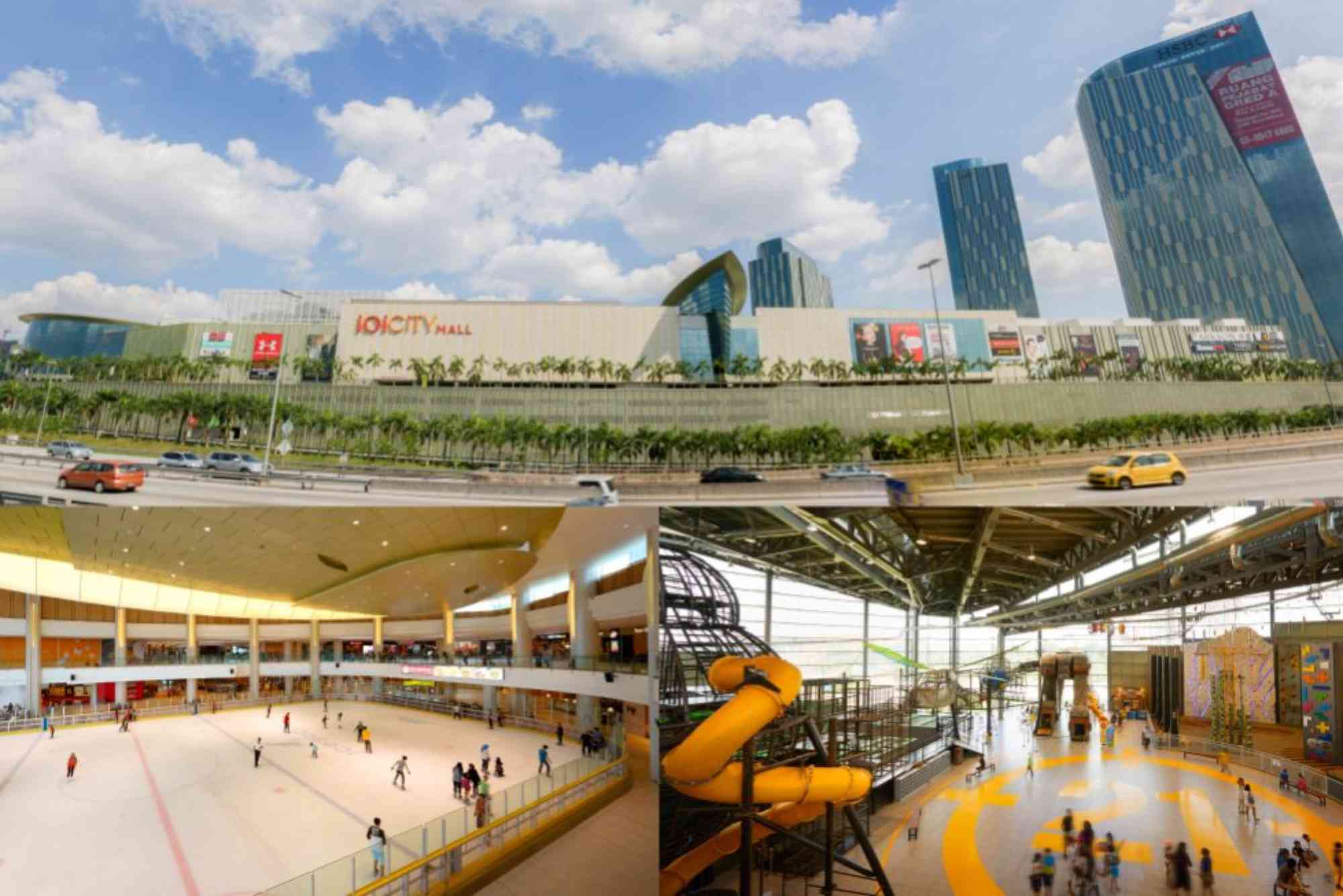Introduction
Choosing the right cooling system can be difficult in any environment, but AC shopping near the beach is a completely different experience. Salt, humidity, and constant exposure to coastal winds all influence what type of air conditioner you should buy and how you should maintain it. Many coastal homeowners discover that buying a standard unit often leads to corrosion, low efficiency, and frequent repairs. With the right guidance, you can avoid these expensive mistakes and find an AC that performs efficiently in seaside climates.
In this guide, you will learn how coastal weather affects air conditioners, what features to prioritize, and how to choose a model that lasts longer despite challenging conditions. Whether you live along a busy beach promenade or inside a quiet seaside neighborhood, understanding these details will help you make a confident purchase. You will also find recommendations based on experience, a breakdown of maintenance strategies, and answers to questions real users ask online. For travelers or seasonal homeowners, planning and comparing beach-side appliance stores becomes easier through resources like Trip Matchup , which helps you explore local options before you arrive.
Understanding the Coastal Climate Before Shopping
The first thing to consider when preparing for AC shopping near the beach is how dramatically the environment influences an air conditioner’s lifespan. Salt particles in the air settle on metallic parts, creating conditions where corrosion accelerates. Even premium AC brands degrade faster in coastal homes if they are not specifically built for high-salinity regions. Humidity levels also stay higher near the sea, pushing AC systems to work harder than usual. This increases electricity consumption and tests the durability of internal components.
Another overlooked factor is wind. Strong coastal breezes carry sand, moisture, and fine particles. These environmental elements clog filters faster and strain condenser coils. That is why AC models designed for inland cities often fail earlier when used on beach properties. Coastal shoppers need to understand these unique risks to avoid early system failure and ongoing repair costs.
Important Features to Prioritize When Buying a Beach-Friendly AC
When you begin AC shopping near the beach, the most important feature to look for is anti-corrosion protection. Manufacturers now produce coastal-grade air conditioners with rust-resistant coatings and specially treated outdoor units. These coatings slow down deterioration by forming a protective layer between metal surfaces and salty air. Without this feature, the outdoor condenser is likely to fail far earlier than expected.
Another essential feature is high humidity performance. Beach homes require AC units with strong moisture control. The right system should be able to extract humidity efficiently while maintaining consistent cooling. Many coastal homeowners notice that normal AC units cool but fail to reduce stickiness in the air. A high-quality coastal AC is built to handle moisture removal without compromising energy efficiency.
Durability of internal components is equally important. Look for copper tubes with internal grooving, rust-protected fan motors, and sealed wiring. These design elements help the system withstand harsh seaside weather. Inverter technology should also be part of your checklist, as it provides smoother operation and more stable cooling even during humid hours.
How to Pick the Right Capacity for Your Beach Home
One common mistake during AC shopping near the beach is selecting a unit with insufficient capacity. Coastal heat combined with humidity can overload small air conditioners. Rooms near the beach often experience direct sunlight, which increases the cooling load. Choosing a higher capacity than what you would select for an inland property is often necessary. An AC must combat heat, humidity, and air pressure differences. Oversizing slightly for coastal homes can help maintain stable indoor temperatures.
If your home has large windows facing the sea, consider UV-protected glass or curtains to reduce solar gain. This reduces the strain on your AC and increases energy efficiency. Proper insulation also helps your unit perform better, especially during peak summer months when humidity rises sharply.
Installation Tips That Make a Big Difference
Even the best coastal-grade air conditioner can underperform if installed incorrectly. When AC shopping near the beach, plan your installation in advance. The outdoor unit must be positioned in a place that avoids direct exposure to ocean spray. Ideally, it should be installed on a raised mount to avoid moisture accumulation beneath the unit. A shaded or partially covered area is even better because it protects the AC from constant sunlight and heavy rain.
A service expert should apply an anti-corrosion spray annually to reinforce the factory coating. Proper sealing of indoor pipes prevents humid air from entering the system, which can cause water dripping issues. A neatly installed drainage system is essential in coastal homes because humidity generates more condensate than in dry climates.
Maintenance Strategies for Long-Lasting Performance
Maintenance becomes even more important once you complete your AC shopping near the beach journey. Filters should be cleaned more frequently since coastal air contains moisture and fine debris. Neglecting filter cleaning leads to airflow reduction, poor cooling, and increased energy use. Outdoor coils require thorough cleaning to prevent salt deposits from building up. If left untreated, these deposits corrode metal and block heat transfer.
Service technicians should remove and treat rust early, especially on screws, brackets, and coil fins. Protecting your AC from corrosion begins with consistent inspections. Many coastal homeowners prefer scheduling maintenance every three to four months rather than waiting for annual service. This prevents heavy rusting and costly part replacements. Running the AC in “dry mode” during extremely humid days also helps. It reduces moisture levels and allows the AC to rest from continuous cooling cycles. This improves the system’s longevity and reduces the likelihood of mold growth inside the unit.
Choosing Stores and Brands Near the Coast
Shopping for the right AC also depends on finding reliable retailers who carry coastal-optimized models. Stores near the beach often understand the unique climate challenges and can recommend models specifically designed for seaside conditions. You can also compare locations and nearby appliance markets using travel tools like Trip Matchup, which make it easier to plan your shopping route.
When comparing brands, prioritize models known for corrosion-resistant outdoor units. Some brands specifically label their systems as “coastal series” or “marine-grade.” Sales teams with coastal experience can guide you based on local weather patterns, average humidity, and customer feedback.
Cost Considerations When Shopping Near the Beach
Many people assume that coastal-grade AC units cost significantly more. The truth is that the difference is minor compared to the long-term savings in repairs and replacements. Standard ACs may corrode within a few years, forcing homeowners to spend heavily on maintenance. Coastal models last longer and maintain efficiency, which reduces electricity consumption. Investing in the right model prevents recurring breakdowns and emergency technician visits.
Energy efficiency is important as well. Humidity causes ACs to run longer, so choosing a high-efficiency unit can lower your monthly bills. Look for models with strong moisture extraction capabilities so you do not need to run the AC at its highest output all the time.
How Coastal Living Influences Cooling Preferences
Beach homes often have open layouts, large windows, and high ceilings. These design features create a relaxed seaside atmosphere but also increase the need for stronger cooling solutions. During AC shopping near the beach, consider how your home’s structure affects cooling performance. Open spaces require better airflow patterns. Split AC units with wide-angle airflow can distribute cool air more evenly. If your home has multiple rooms connected by open hallways, choosing multiple units or a multi-split system may be more effective.
Coastal homeowners also prioritize quiet operation because the environment is naturally peaceful. Modern coastal-grade ACs often include silent mode and improved insulation around the compressor, making them ideal for ocean-view bedrooms.
AC shopping near the beach requires more planning and knowledge than shopping in inland areas. Coastal weather challenges standard AC units through humidity, salt, and wind exposure. By choosing a coastal-grade model, focusing on anti-corrosion features, and investing in proper installation and maintenance, you ensure long-term cooling comfort and durability. Whether you live in a beachfront home, a vacation apartment, or a rental cottage, the right AC will enhance your living experience and protect your investment.
FAQs
Why do AC units rust faster near the beach?
AC units rust faster near the beach because salt in the air accelerates corrosion on exposed metal parts. The outdoor condenser is especially vulnerable, which is why coastal-grade coatings are essential.
Which AC is best for coastal areas?
The best AC for coastal areas is one with anti-corrosion coating, copper condenser coils, inverter technology, and strong humidity control. These features help the unit withstand salt and moisture.
How often should I service my AC at the beach?
You should service your AC every three to four months in coastal areas. Frequent maintenance prevents salt buildup, rust, and moisture-related issues.
Does coastal humidity affect AC performance?
Yes, coastal humidity forces the AC to work harder. It increases cooling load and energy consumption, so choosing a model with strong dehumidifying capability is essential.
Can I protect my AC from salt air?
You can protect your AC from salt air by applying anti-corrosion coatings, cleaning coils regularly, installing the outdoor unit in a sheltered area, and scheduling frequent maintenance.











